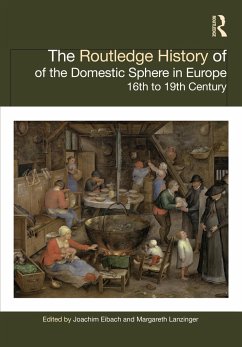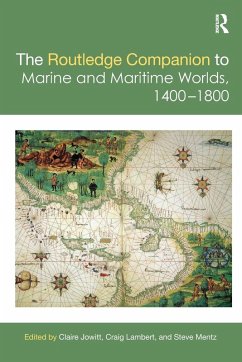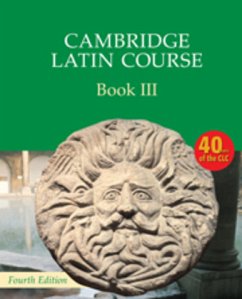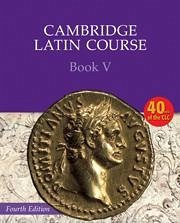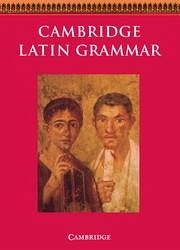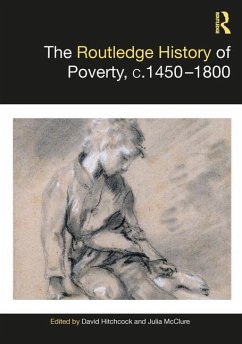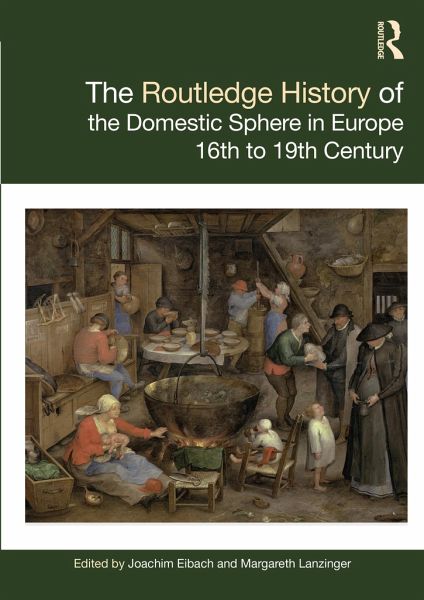
The Routledge History of the Domestic Sphere in Europe
16th to 19th Century
Herausgegeben: Eibach, Joachim; Lanzinger, Margareth
Versandkostenfrei!
Versandfertig in 6-10 Tagen
52,99 €
inkl. MwSt.

PAYBACK Punkte
26 °P sammeln!
This book addresses the multifaceted history of the domestic sphere in Europe from the Age of Reformation to the emergence of modern society. By focusing on daily practice, interaction and social relations, it shows continuities and social change in European history from an interior perspective.The Routledge History of the Domestic Sphere in Europe contains a variety of approaches from different regions that each pose a challenge to commonplace views such as the emergence of confessional cultures, of private life, and of separate spheres of men and women. By analyzing a plethora of manifold so...
This book addresses the multifaceted history of the domestic sphere in Europe from the Age of Reformation to the emergence of modern society. By focusing on daily practice, interaction and social relations, it shows continuities and social change in European history from an interior perspective.
The Routledge History of the Domestic Sphere in Europe contains a variety of approaches from different regions that each pose a challenge to commonplace views such as the emergence of confessional cultures, of private life, and of separate spheres of men and women. By analyzing a plethora of manifold sources including diaries, court records, paintings and domestic advice literature, this volume provides an overview of the domestic sphere as a location of work and consumption, conflict and cooperation, emotions and intimacy, and devotion and education. The book sheds light on changing relations between spouses, parents and children, masters and servants or apprentices, and humans and animals or plants, thereby exceeding the notion of the modern nuclear family.
This volume will be of great use to upper-level graduates, postgraduates and experienced scholars interested in the history of family, household, social space, gender, emotions, material culture, work and private life in early modern and nineteenth-century Europe.
The Routledge History of the Domestic Sphere in Europe contains a variety of approaches from different regions that each pose a challenge to commonplace views such as the emergence of confessional cultures, of private life, and of separate spheres of men and women. By analyzing a plethora of manifold sources including diaries, court records, paintings and domestic advice literature, this volume provides an overview of the domestic sphere as a location of work and consumption, conflict and cooperation, emotions and intimacy, and devotion and education. The book sheds light on changing relations between spouses, parents and children, masters and servants or apprentices, and humans and animals or plants, thereby exceeding the notion of the modern nuclear family.
This volume will be of great use to upper-level graduates, postgraduates and experienced scholars interested in the history of family, household, social space, gender, emotions, material culture, work and private life in early modern and nineteenth-century Europe.





